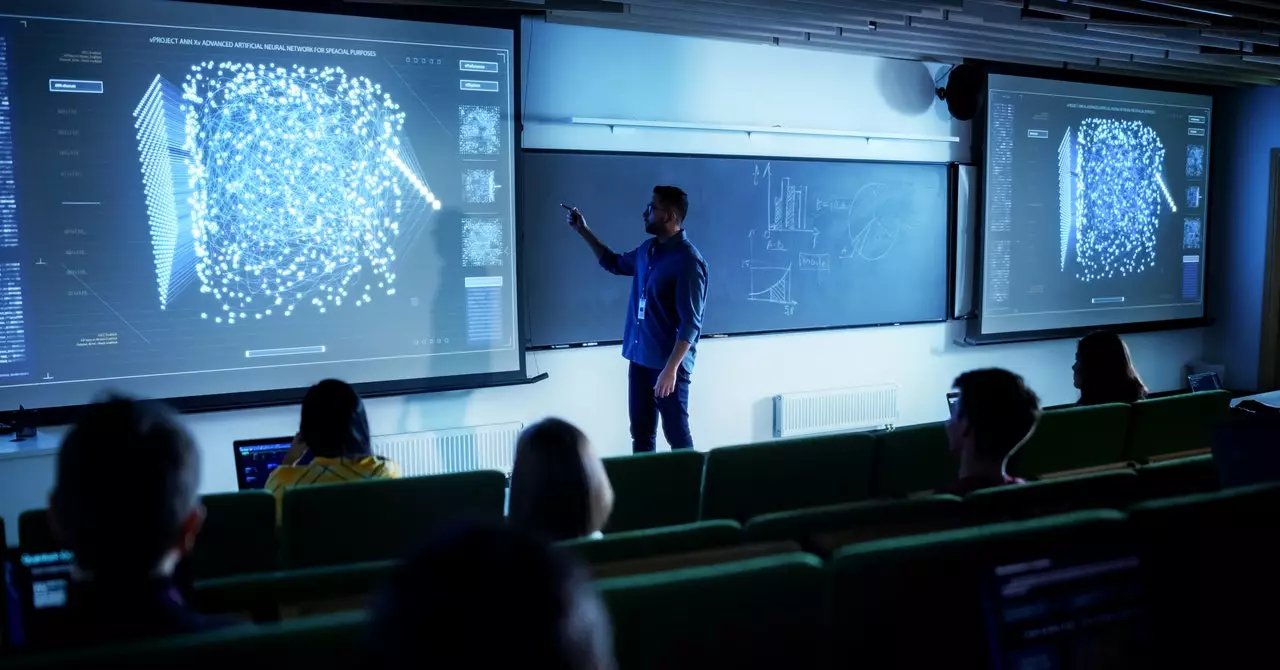Khanmigo, a platform created by Khan Academy, takes a unique approach to assisting students with their questions. Instead of providing direct answers, it prompts students to think critically by asking them questions and guiding them towards finding the solution themselves. According to DiCerbo, Khanmigo’s role is to help students who may be stuck on a particular concept or skill to get unstuck. This method of teaching aims to encourage independent thinking and problem-solving skills among students.
Testing AI Feedback in Tutoring Sessions
Organizations like Saga Education have also been experimenting with AI feedback to enhance student engagement during tutoring sessions. By analyzing transcripts of math tutoring sessions using AI models, tutors were able to identify when to prompt students to explain their reasoning or initiate deeper discussions. This approach led to a significant increase in student engagement during tutoring sessions. While there are plans to have AI deliver feedback directly to tutors, organizations like Saga Education are cautious about fully relying on AI, as human interaction is still considered valuable in the learning process.
As AI technology continues to advance, experts predict that its role in education will continue to evolve. Platforms like OpenAI and Hume AI have launched emotionally intelligent AI that can analyze tone of voice and facial expressions to infer a user’s mood and respond empathetically. However, despite these advancements, AI may struggle to fully engage students in the learning process. According to Michael Littman, a computer science professor, students are aware that AI lacks genuine care for them and their learning outcomes, which may impact their level of engagement with AI-driven educational tools.
While AI has shown promise in providing feedback on student essays, there are concerns about students offloading their writing tasks to AI rather than investing care and effort in their work. A study published in the journal Learning and Instruction highlighted the potential for AI to offer valuable feedback on student writing. However, the question remains whether students will prioritize their writing skills and learning process if AI becomes their primary audience for feedback and evaluation.
The use of AI in education presents both opportunities and challenges for student learning. While AI-driven platforms like Khanmigo and Saga Education have demonstrated potential in enhancing student engagement and feedback, the human element in education remains crucial. As AI technology continues to progress, striking a balance between AI assistance and human interaction will be essential in creating a meaningful and effective learning experience for students.


Leave a Reply